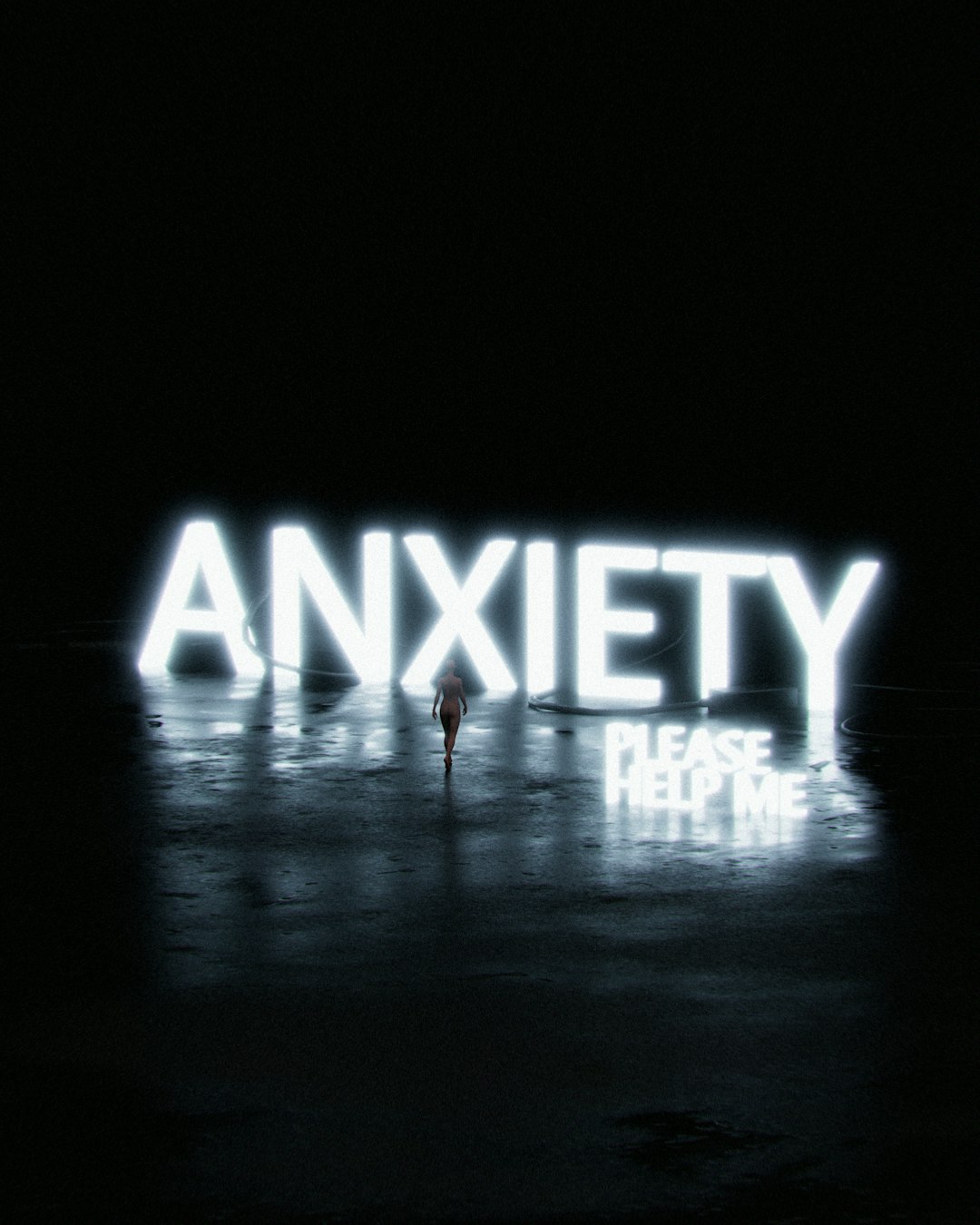
In the world of prepping, chasing self-sufficiency can sometimes feel like a never-ending journey. You might find yourself thinking, “Have I done Enough?”
Prepper anxiety is a common bump in the road; the fear of being unprepared when things go south can overshadow all the hard work you’ve done. But with the right approach and a few easy strategies, you can beat this anxiety and gain confidence in your prepping game.
By setting realistic goals, celebrating those little wins, and leaning on a supportive community, you can turn your prepping adventure into a genuinely positive and empowering experience. Let’s dive into some practical ways to build mental resilience and pick up healthy prepping habits so you can focus on what truly matters—without the stress.
Understanding Prepper Anxiety
Understanding prepper anxiety starts with spotting what causes it and how it affects you. Some common triggers get preppers anxious, the impact this stress has on their minds, and tips on how to spot when these feelings become too much to handle. By digging into these areas, we can arm ourselves with the know-how to tackle and manage anxiety effectively.
Common Triggers for Preppers
Prepper anxiety often comes from a few common triggers. Worrying about the future can really stir up fear, especially with unknown disasters or emergencies looming. Social and economic shake-ups can throw life off balance, too, making plans go haywire. And let’s not forget about information overload, where the nonstop news and survival tips flood our minds, leaving us stressed as we try to make sense of it all.
Fear of the unknown: Preppers often worry about scenarios they can’t predict.
Economic concerns: Financial instability can lead to anxiety about being unprepared.
Information overload: Too much information can be overwhelming and counterproductive.
Real-world examples highlight these triggers. For instance, during the pandemic, many preppers felt heightened anxiety due to unclear guidelines and changing information. This illustrates how external events can fuel anxiety.
For more insights, visit Reddit’s discussion on prepping and anxiety.
Psychological Impact of Anxiety
Prepper anxiety can have a strong impact on both your mind and body. Ongoing anxiety might leave you feeling exhausted, disrupt your sleep, and even weaken your immune system. You might find yourself feeling easily irritated and having trouble concentrating, which can really mess with your day-to-day life.
Fatigue: Constant worry drains energy.
Insomnia: Anxiety can disrupt sleep patterns, leading to exhaustion.
Decreased concentration: Anxiety makes it hard to focus on tasks.
Understanding the psychological effects of anxiety helps preppers take proactive steps to manage it. Remember that your mind is your most important weapon. Therapy, mindfulness, or meditation can alleviate some symptoms.
For more on managing anxiety, check out Mary’s Nest on lowering preparedness anxiety.

Recognizing Signs of Overwhelm
Recognizing signs of being overwhelmed is crucial for managing prepper anxiety. Physical symptoms can include headaches, muscle tension, and stomach issues. Emotional signals may present as frustration, sadness, or hopelessness.
Headaches and tension: Physical stress responses to anxiety.
Emotional distress: Feelings of sadness or frustration are common.
Behavioral changes: Avoidance of prepper activities due to stress.
Preppers should be vigilant for these signs to take timely action. Practicing self-care and seeking support can help mitigate these overwhelming feelings.
Explore more strategies at Off Grid Survival’s page on preparedness fear, or my recent article, “How to Keep it Together: Easy Stress Coping Tips” here:
Strategies for Overcoming Prepper Anxiety
To tackle prepper anxiety, I have some handy strategies that will help you keep things balanced and stress-free. Here, we’re diving into realistic goal-setting, creating supportive networks, and taking things one step at a time. By putting these tactics into play, you can dial down anxiety and boost your confidence.
Setting Realistic Goals
Nailing down realistic goals is crucial for keeping prepper anxiety in check. Chop those big tasks into bite-sized, doable steps. This game plan keeps feelings of being overwhelmed at bay and keeps your motivation high. Putting vital tasks at the forefront makes sure you hit the most critical parts of your preparedness first.
Identify key priorities: Focus on what’s most important for your preparedness, starting with the basics (food, water, light sources, first aid, batteries, a can opener, alternative cooking methods (such as a grill or camp stove), a cooler (or two), and ice packs, a NOAA radio and power source, such portable power banks. Then, consider the scenario that is more likely to occur in your area and add preps that would be appropriate to that. Is it flooding? Tornadoes? What items would be unique to one and not the other?
Break tasks into manageable steps: Achievable steps make large goals more attainable. Instead of focusing on big-ticket items that may be financially out of reach, look into less expensive items that may serve the same purpose on a smaller scale. For example, you may want a full house generator but can’t afford one at the moment. Instead of feeling you won’t survive a disaster without it, work towards a power station that can provide power to several items, or a few power banks that can charge different items, and can be bought as you can afford to.
Set reasonable goals, not deadlines: Timelines help in maintaining focus and accountability without the anxiety of a deadline. This can help you budget wisely and research options with less pressure. For example, you may have a goal of having a full camping setup in case you have to bug out in the wild. If, based on your budget, it may take two months, create a checklist and tick off items as you can obtain them within that timeframe, rather than having a set deadline hanging over your head that will upset you if you don’t make it.
Real-world examples demonstrate that individuals who set realistic goals tend to feel more in control and experience less anxiety. This strategy fosters a sense of accomplishment.
For more tips, visit Mary’s Nest.

Building a Supportive Community
Having a supportive community can significantly reduce prepper anxiety. Connecting with like-minded individuals offers emotional support and knowledge sharing. Engaging in community activities fosters a sense of belonging and shared purpose.
Online forums: Platforms like Reddit offer community support.
Local groups: In-person meetings can strengthen ties and provide practical help.
Networking events: Opportunities to learn and grow from others in the prepper community.
Communities provide reassurance, resource sharing, and emotional support, which are invaluable in reducing anxiety.
Focusing on Incremental Progress
Focusing on incremental progress helps to manage expectations and reduce anxiety. Celebrate small achievements to build momentum. Track your progress regularly to see how far you’ve come, which can be motivating.
Daily or weekly goals: Smaller goals create quick wins.
Celebrate achievements: Recognize and reward progress.
Regular check-ins: Assess progress to stay on track.
Incremental progress fosters a positive mindset, encouraging continued effort and reducing feelings of inadequacy.
For comprehensive tips, visit Off Grid Web’s guide to preparedness.
Cultivating a Healthy Prepping Mindset
Cultivating a healthy prepping mindset involves embracing self-sufficiency with confidence, encouraging mental resilience, and maintaining a positive outlook. This section provides insights into developing a mindset that supports both preparedness and well-being.
Embracing Self-Sufficiency with Confidence
Embracing self-sufficiency with confidence is critical for overcoming prepper anxiety. Trusting in your abilities and preparation efforts builds self-assurance. Reflect on past successes to reinforce what you’re capable of achieving.
Acknowledge skills: Recognize your abilities and knowledge.
Reflect on achievements: Past successes can boost confidence.
Self-education: Continually learning enhances self-reliance. What would you like to learn that will enhance what you’ve done so far? Canning? CPR/AED training?
This mindset reduces fear and encourages a proactive approach to challenges.
Learn more about fostering self-sufficiency at Off Grid Survival.
Encouraging Mental Resilience
Encouraging mental resilience is essential for maintaining well-being during stressful times. Practicing stress management techniques, such as mindfulness or meditation, can help strengthen mental fortitude. Adapting to change is also a crucial aspect of resilience.
Mindfulness practices: Techniques to calm the mind and reduce anxiety.
Adaptability: Flexibility enables effective handling of unexpected situations.
Self-care routines: Regular self-care supports mental health.
Consider Stoicism: Stoicism is not a religion; it’s a practice that can help ground you if you feel scattered and sensitive.
Building resilience not only helps in managing stress but also enhances overall preparedness.
Maintaining a Positive Outlook
Maintaining a positive outlook is vital for reducing prepper anxiety. Focus on the positives and the progress made in your journey. Surround yourself with positivity through supportive networks and uplifting media if you feel overwhelmed by negative news.
Positive affirmations: Encourage a hopeful mindset.
Practice Gratitude: Regularly reflecting on gratitude promotes positivity. Remember that wherever you are in your prepping journey, you’re still better off and more knowledgeable than you were before.
Optimistic environments: Surround yourself with uplifting people and materials. Don’t go down prepper rabbit holes that may induce more fear or feelings of inadequacy if you’re unsure of your preparedness.
Beware of “toxic positivity” that offers platitudes without allowing you to feel genuine emotions. Feel your feelings, but don’t allow them to overrun your life. I speak more on this on my podcast episode, Clarity, Not Calamity: How to Declutter, Prep and De-Stress.
A positive outlook fosters mental resilience and reduces anxiety, making the prepping journey more manageable and rewarding.
Explore more about maintaining positivity at Off Grid Web.



